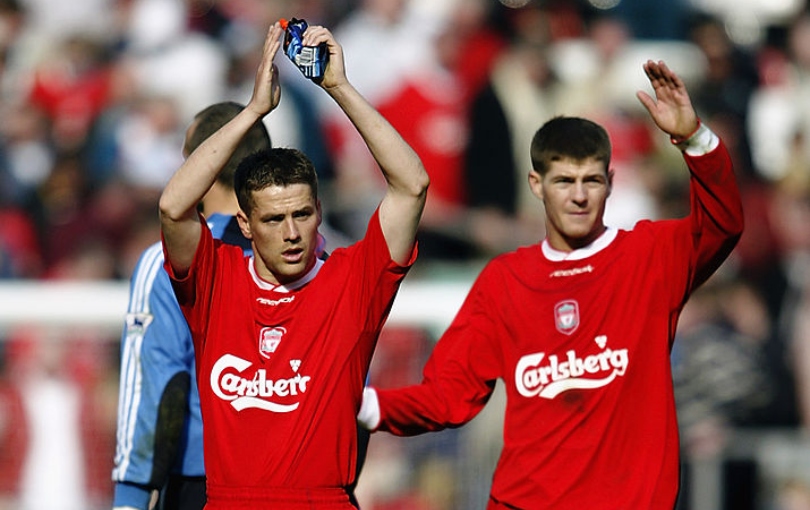Players who had three spells at a club
A look at some of the footballers who played at a club in three or more spells during their professional careers...
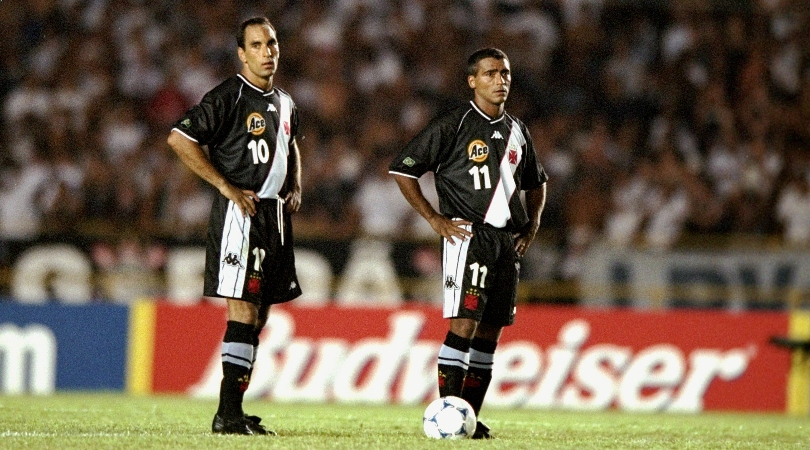
The history of football is filled with examples of players who made romantic returns to a former club.
Think of any team and there will likely be a few footballers who went back for a second spell. Some successfully, others less so.
Players representing a club across three separate spells, not including a period on loan and then a permanent signing, has happened less frequently.
But it has occurred. Here, a look at the players who kept going back to a former club for three separate stints or even more...
Luther Blissett (Watford)
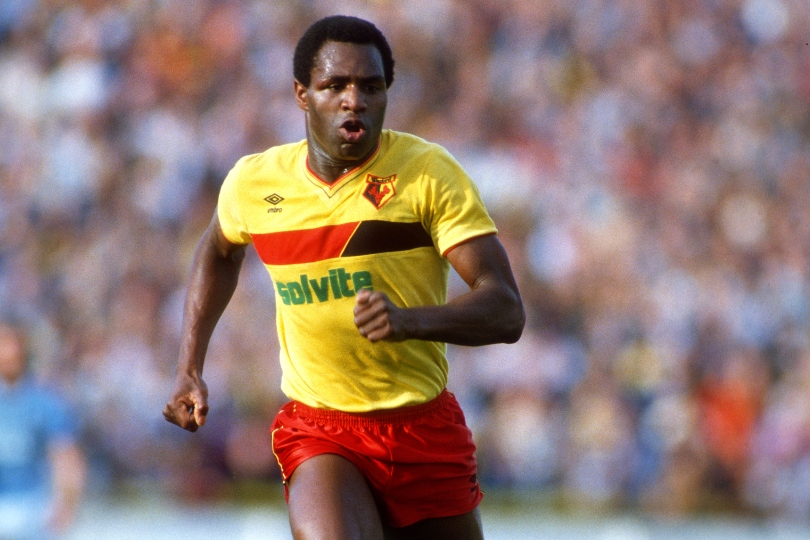
Born in Jamaica, Luther Blissett moved to London with his family at a young age and came to prominence at Watford in the late 1970s.
After a single season at AC Milan in 1983/84, Blissett returned to Watford for a second spell between 1984 and 1988. The former England striker then played for Bournemouth for the next three years, but was back at Vicarage Road for the 1991/92 campaign. After a period on loan at West Brom, Blissett eventually left the Hornets in 1993, having played 503 games in all competitions and scored 186 goals between 1976 and 1992. Both of those are club records.
João Pinto (Boavista)
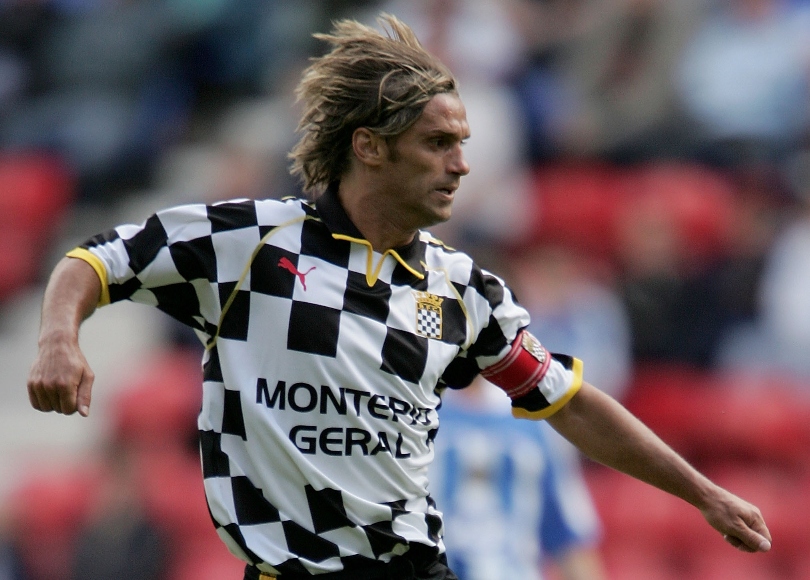
One of the finest Portuguese players of his generation, João Pinto might be best remembered at club level for his time at Benfica and Sporting CP in the 1990s and early 2000s.
Get FourFourTwo Newsletter
The best features, fun and footballing quizzes, straight to your inbox every week.
But Pinto also had three spells at Boavista, starting his career at the Porto-based club in the late 1980s and returning after a sole season at Atlético Madrid where he was placed in the reserve team. In his second spell, Pinto helped Boavista win the Taça de Portugal and signed for Benfica in the summer of 1992. After eight seasons with Benfica, he spent four campaigns at Sporting and returned to Boavista in 2004, finishing his career at Braga in early 2008. In April 2020, he was voted by fans into Boavista's best-ever XI.
Christian Vieri (Atalanta)
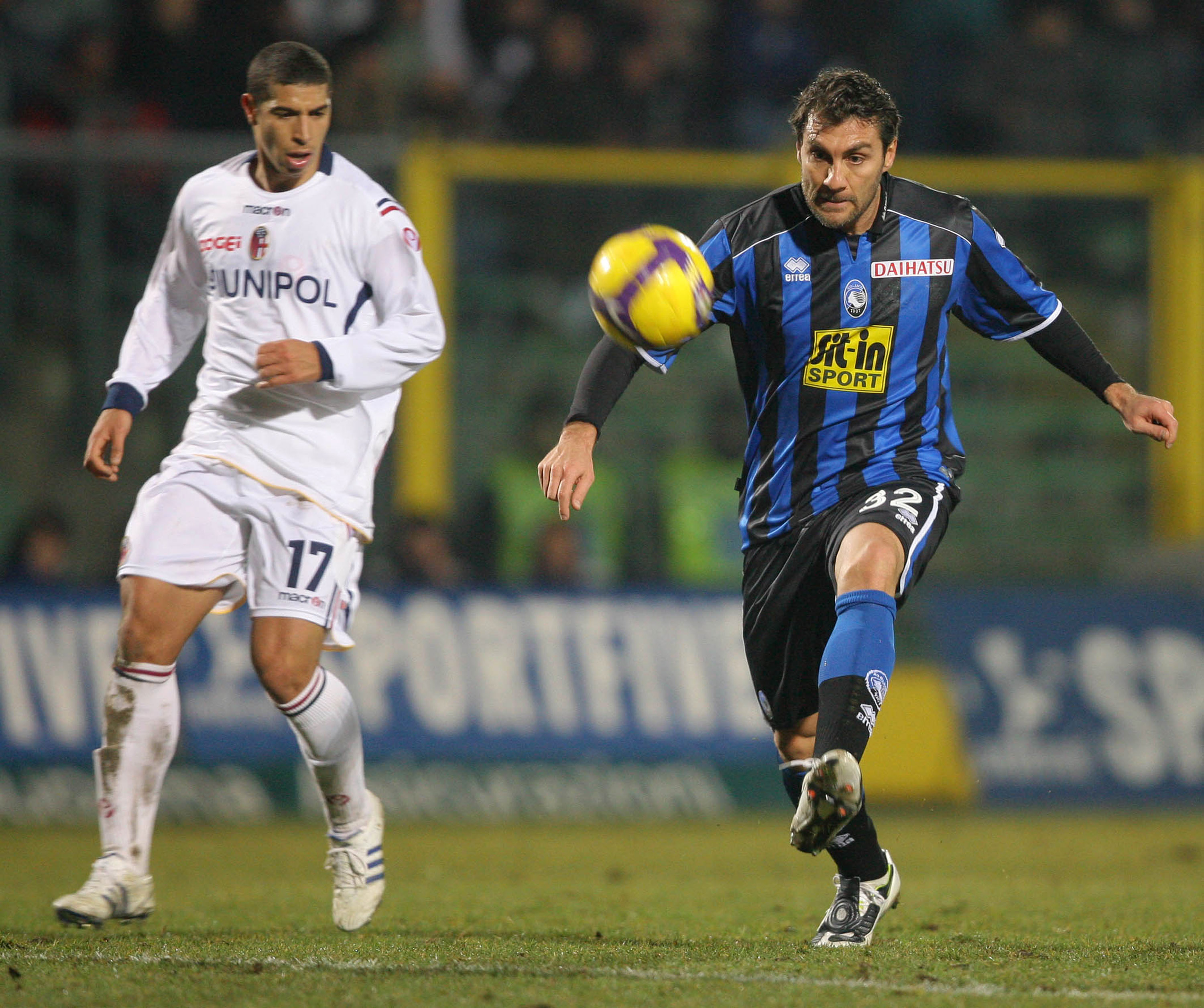
Christian Vieri's club career is best remembered for his six-year spell at Inter between 1999 and 2005, where he scored over 100 goals.
Vieri also played for the likes of Juventus, AC Milan, Lazio, Fiorentina and Atlético Madrid and the former Italy striker had three spells at Atalanta. He spent a season at Atalanta in 1995/96 before joining Juventus, returned for a second spell in 2006/07 after leaving Monaco and finished his career with the Bergamo-based club in 2008/09 following.a year at Fiorentina.
Vampeta (Corinthians)
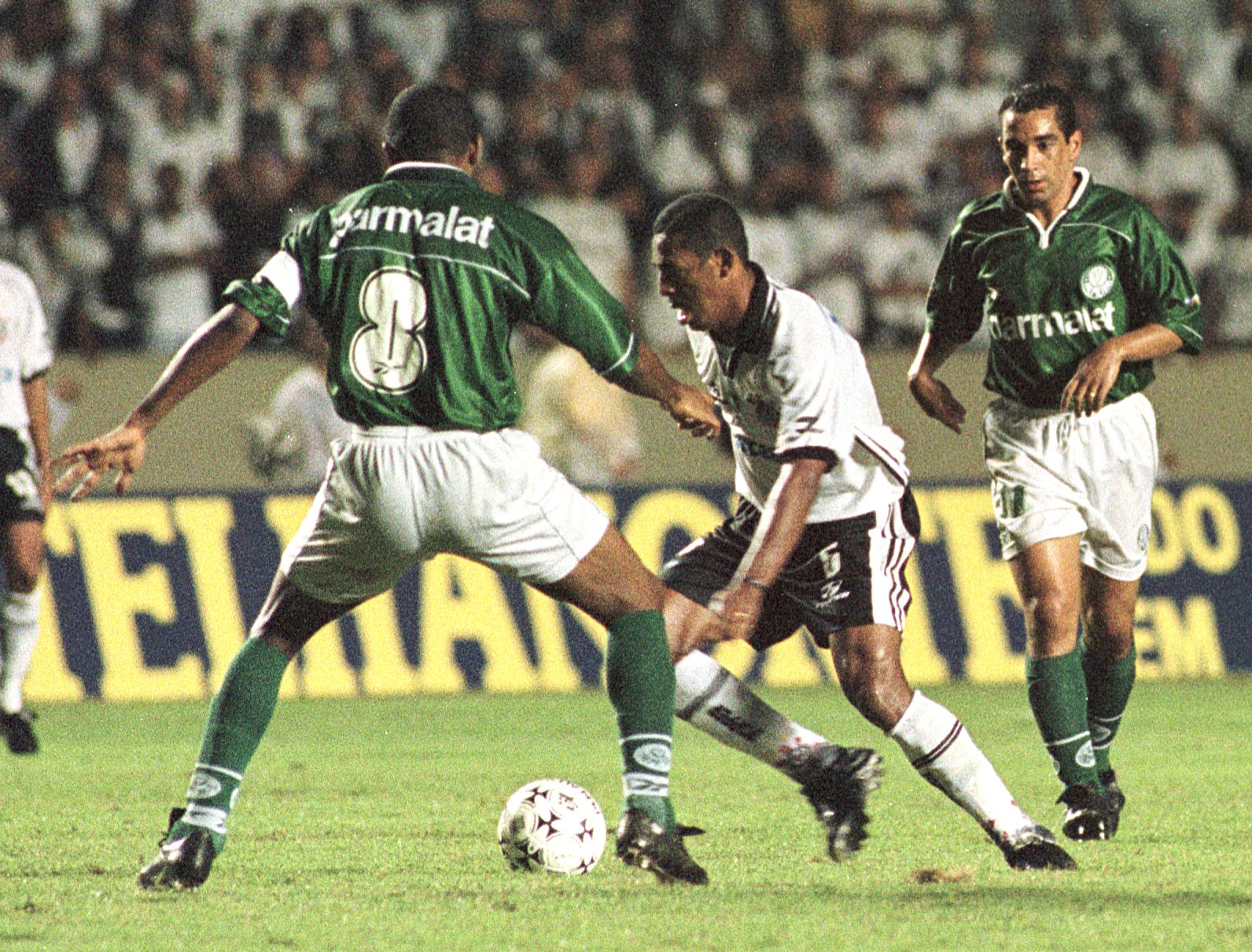
A midfielder who was part of Brazil's World Cup-winning squad in 2002, Vampeta played for PSV, Inter and Paris Saint-Germain but spent most of his career in his homeland.
That included three spells at Corinthians, with the first between 1998 and 2000, another in 2002/03 and a third in 2007. He was particularly successful in the first of those, helping the São Paulo club to back-to-back Brazilian titles in 1998 and 1999 and the FIFA World Club Championship in 2000.
Diego Costa (Atlético Madrid)
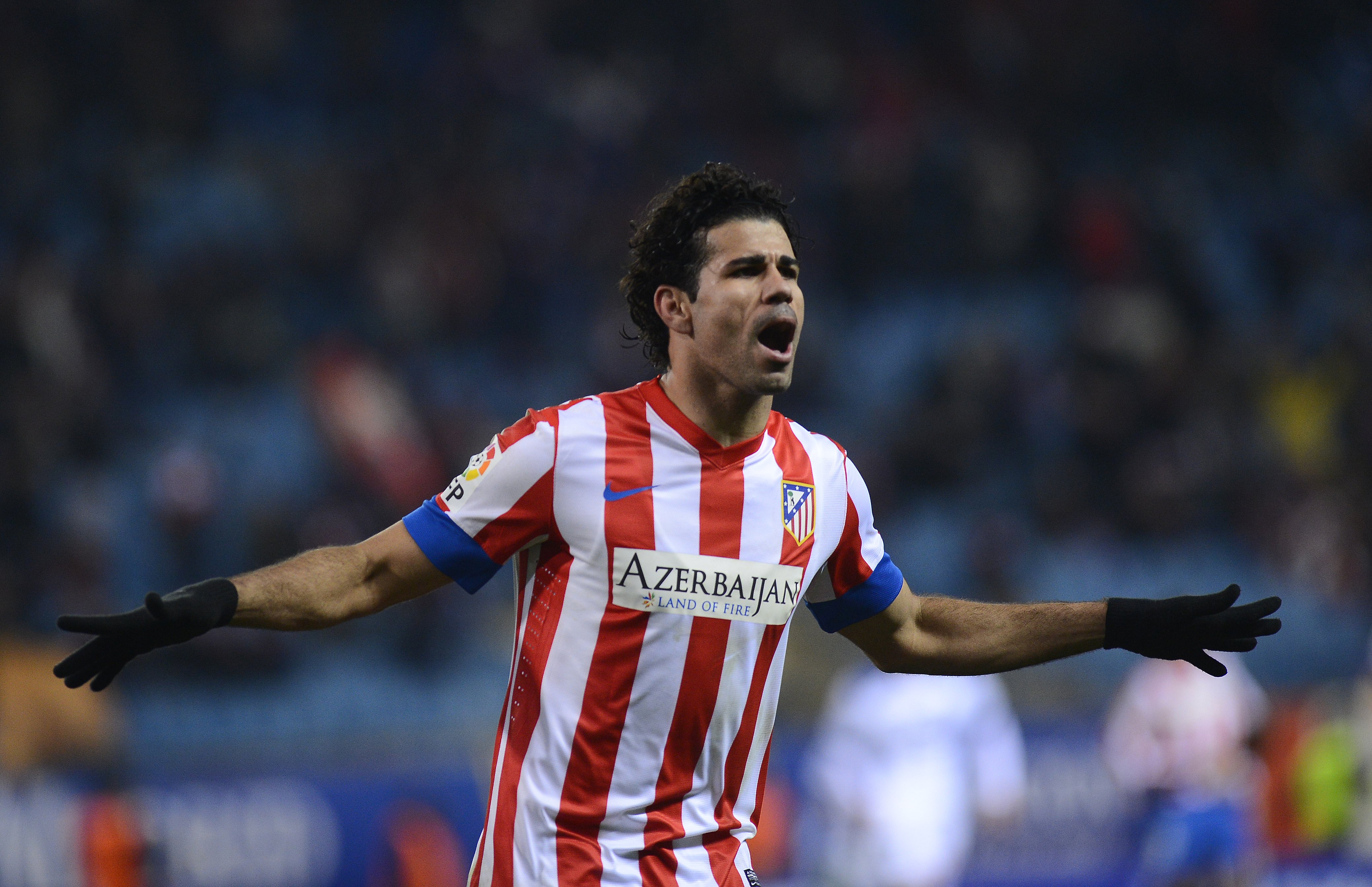
Diego Costa signed for Atlético Madrid from Portuguese side Braga in the summer of 2007 and the Brazil-born forward was touted by the club's president Enrique Cerezo as "the new Kaká".
After spells on loan at Celta Vigo and Albacete, Costa was sold by Atleti to Real Valladolid in 2009, without making a competitive appearance for the Rojiblancos. But the club retained a €1 million buy-back option for the striker and he returned in 2010. Loaned out to Rayo Vallecano in 2011/12, Costa was key as Atleti won the Copa del Rey and La Liga under Diego Simeone in 2013 and 2014, as well as reaching the Champions League final. He joined Chelsea in 2014, but was back for a third spell with the Madrid club between 2017 and 2020.
Fernando Cavenaghi (River Plate)
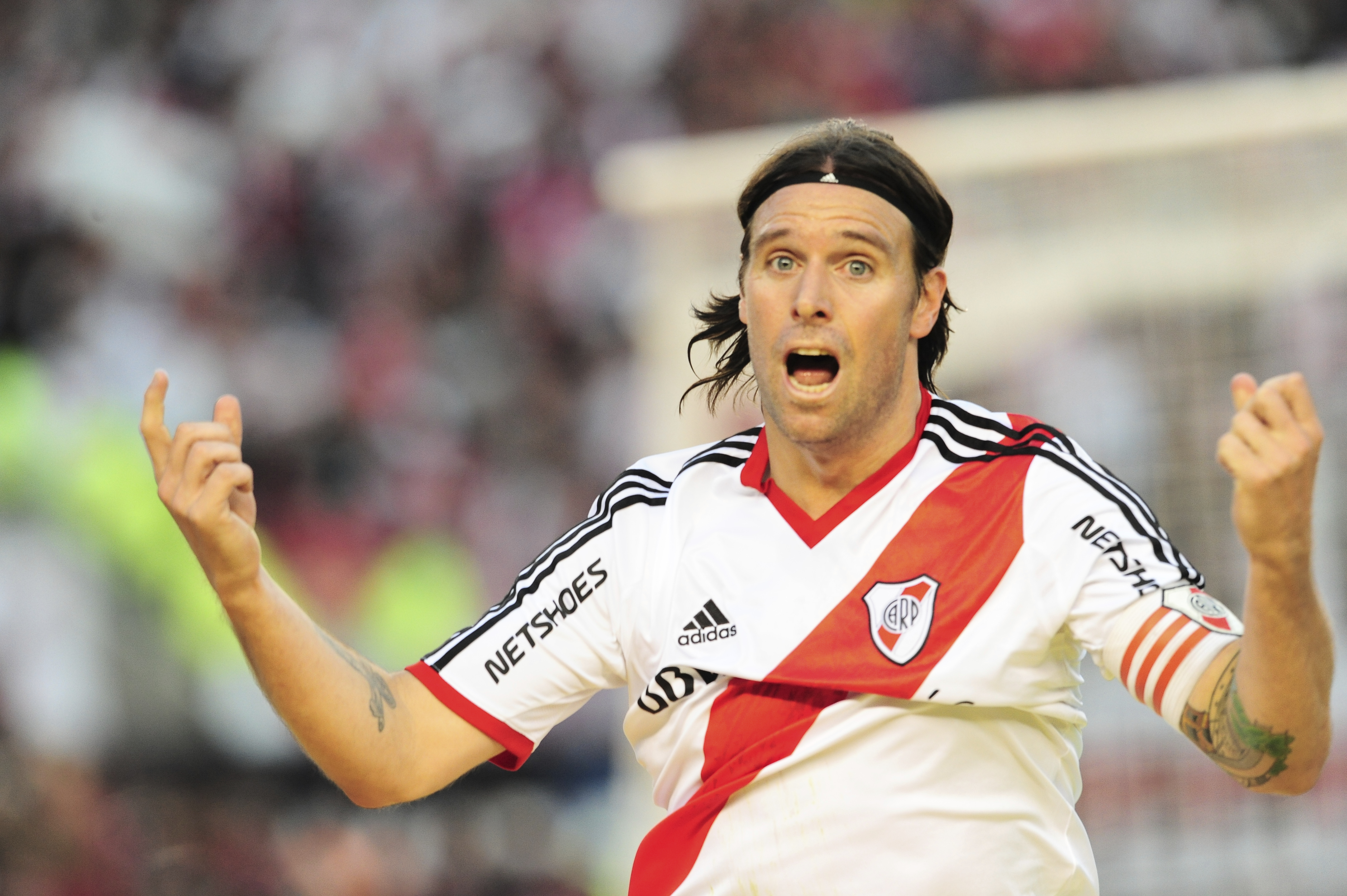
Fernando Cavenaghi started his career at River Plate and helped the Buenos Aires club win three Argentine titles in the early 2000s.
After spells at Spartak Moscow and Bordeaux, Cavenaghi returned to River in 2011/12 to help the club back to the top flight after shock relegation and returned for a third stint following time at Villarreal and Pachuca, contributing to another Argentine title, a Copa Sudamericana and a Copa Libertadores crown under Marcelo Gallardo.
Robinho (Santos)
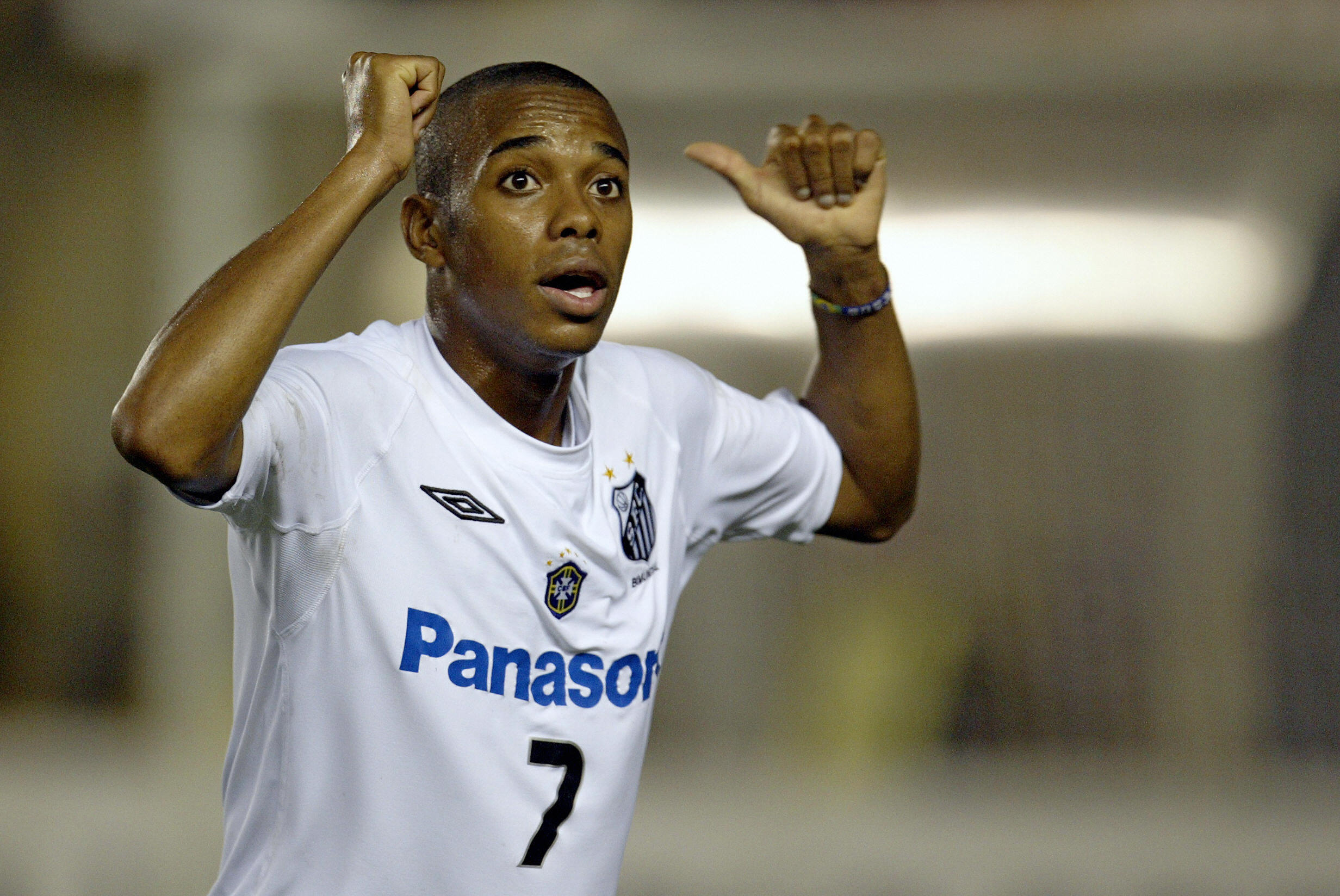
Robinho emerged at Santos in the early 2000s and was compared to the legendary Pelé, who had spent most of his career at the same club.
After three years at Real Madrid, Robinho joined Manchester City in 2008, but returned to Santos on loan due to a lack of opportunities in January 2010. Transferred to AC Milan in the summer, he spent four seasons at San Siro, before going back to Santos on loan for the 2014 and 2015 campaigns. Later that year, he moved to China with Guangzhou Evergrande. He was back in Brazil for two seasons with Atlético Mineiro in 2016 and 2017 and after spells with Sivasspor and İstanbul Başakşehir in Turkey, before re-signing with Santos for a fourth stint in October 2020, but the deal was criticised due to his conviction for sexual assault and was suspended just days later. He did not play again and eventually began a nine-year prison sentence in 2024.
Cuauhtémoc Blanco (América)
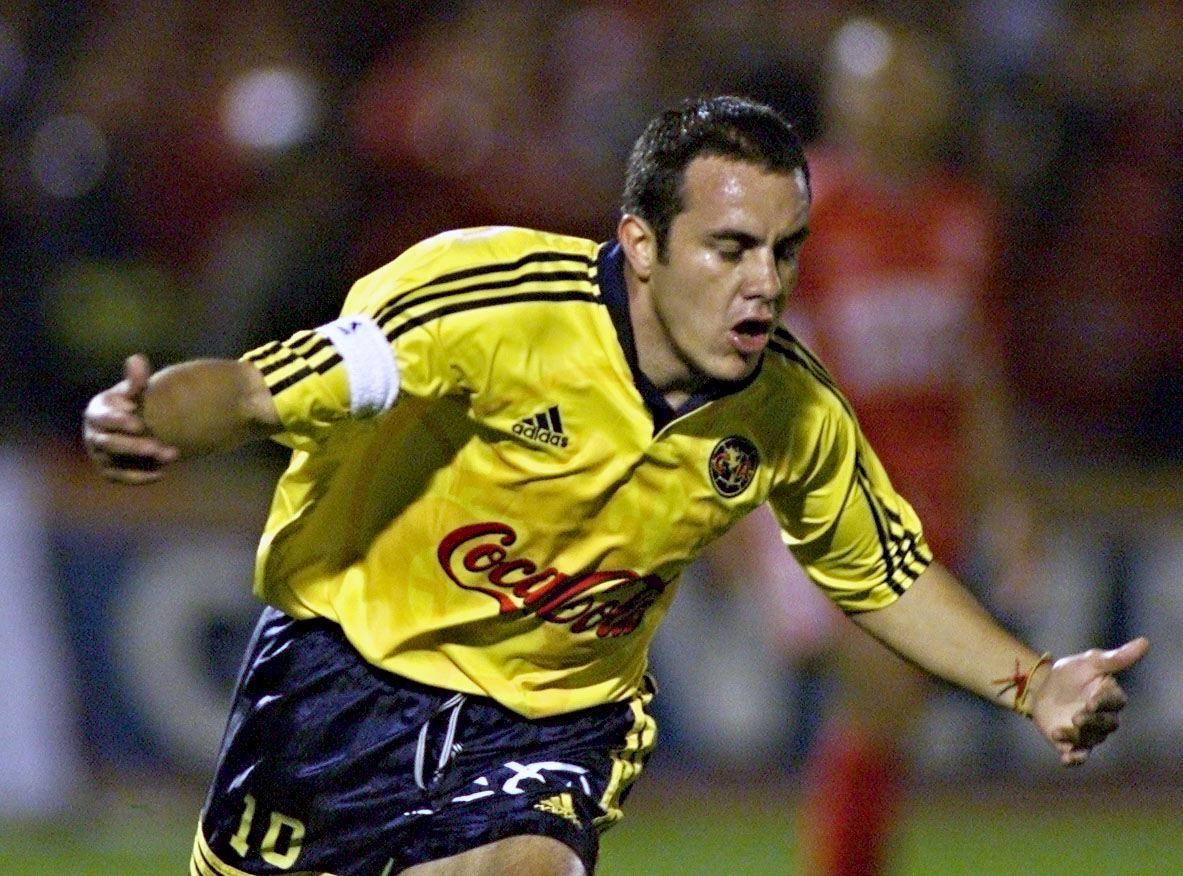
One of Mexico's greatest-ever players, Cuauhtémoc Blanco's club career was spent largely at Mexico City giants América across several spells.
Blanco came through the youth system with América and played for the club between 1992 and 1997, returning for a second spell after time on loan at Necaxa and then for a third time following a move to Real Valladolid. He was back with the Azulcremas again after a season at Veracruz and made a 36-minute cameo farewell appearance for the club in 2016, having left for Chicago Fire in 2007 and then featured for a number of other Mexican clubs between 2009 and 2015.
Alexandre Pato (São Paulo)
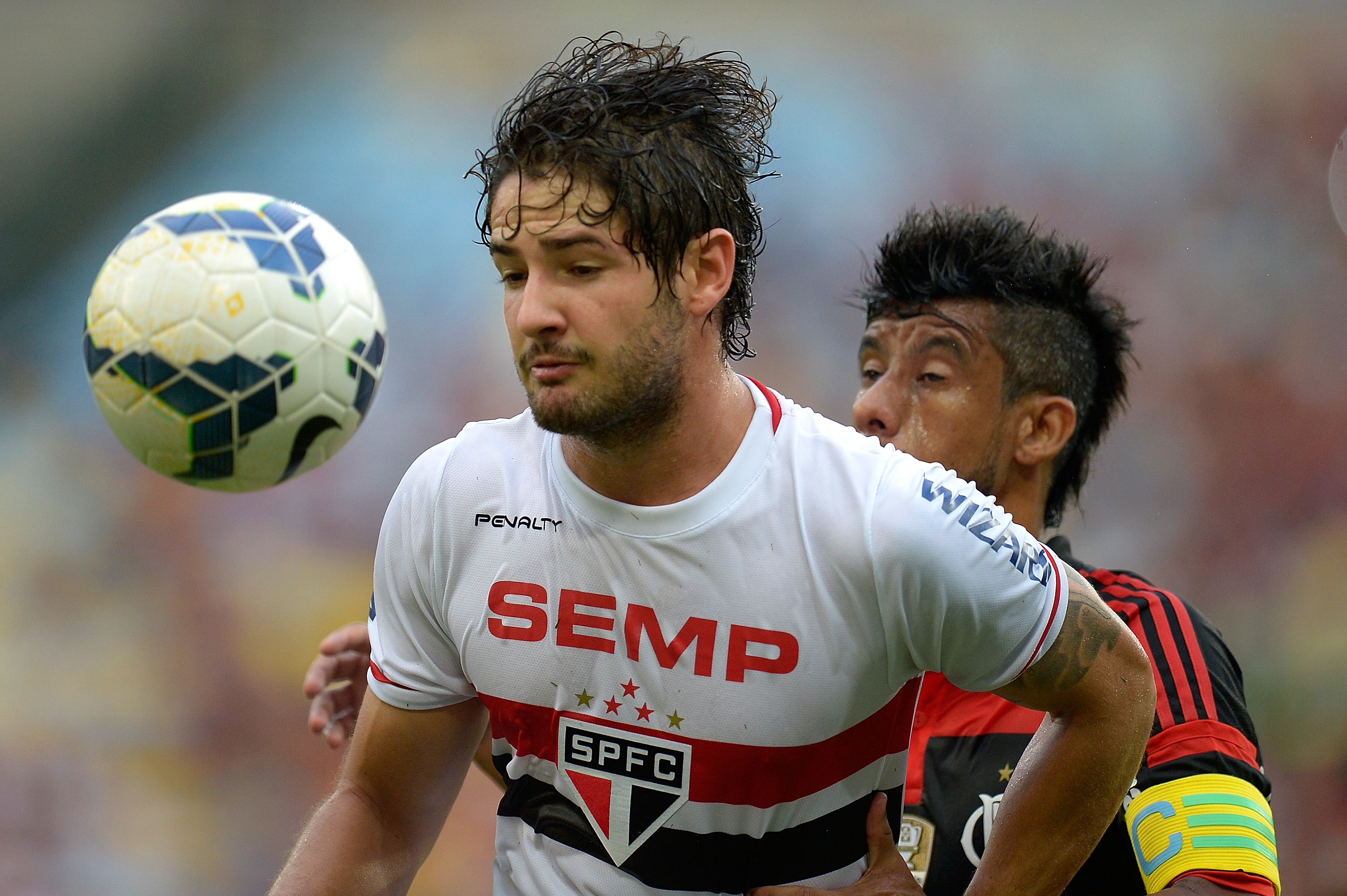
During his time at Corinthians, Alexandre Pato played on loan for São Paulo between 2014 and 2015.
After brief stints at Chelsea, Villarreal and Tianjin Tianhai, the former AC Milan midfielder returned to São Paulo in 2019/20 and wrapped up his career at the Tricolor in 2023 following a spell at Orlando City.
Aritz Aduriz (Athletic Club)
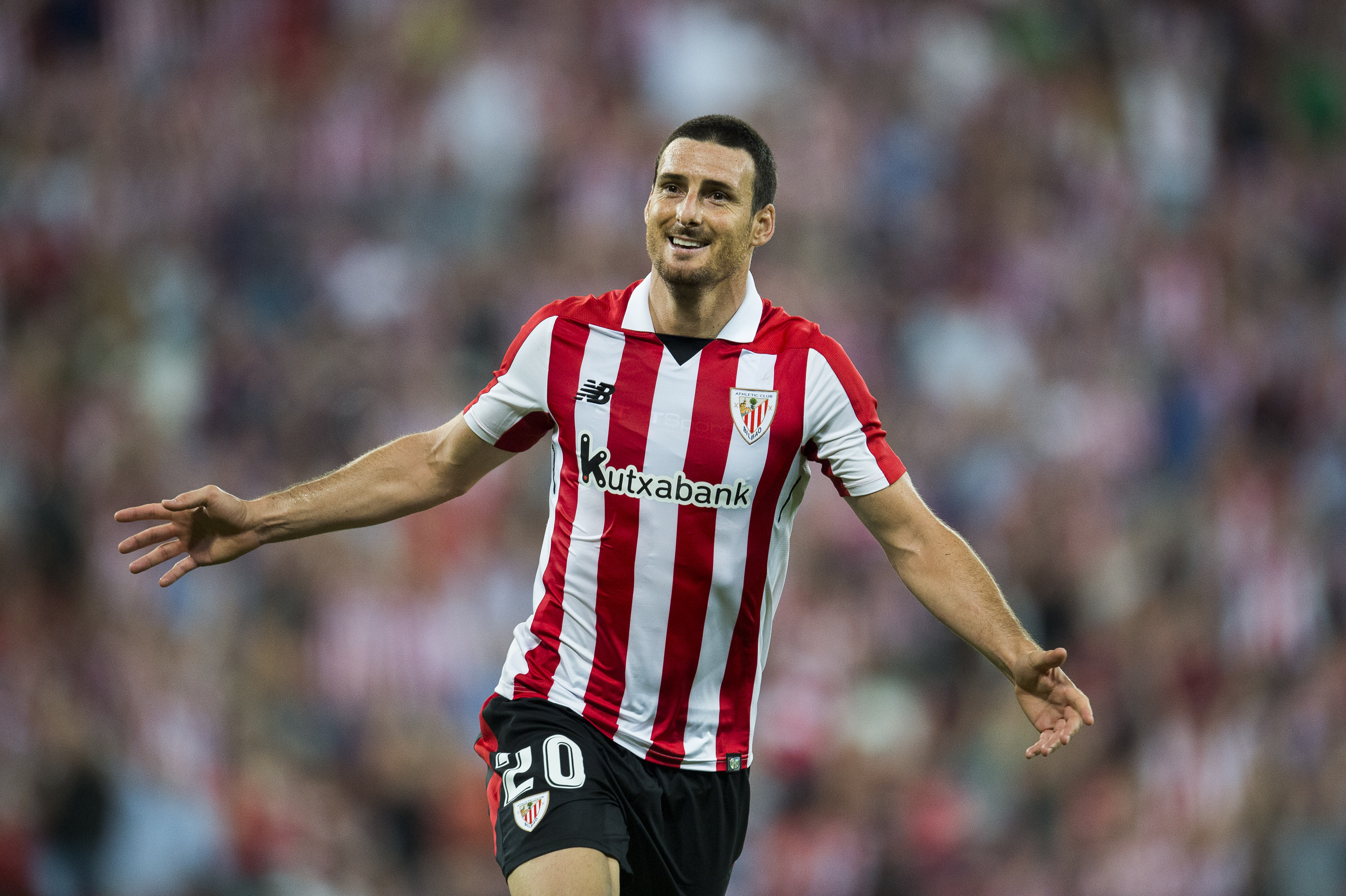
Born in San Sebastián, Aritz Aduriz joined Athletic Club in 2000 from lower league outfit Aurrerá, but left for Segunda side Real Valladolid in 2004 following only a handful of first-team appearances and a season on loan at Burgos.
Aduriz returned to the Bilbao club in December 2005 and spent two and a half seasons at San Mames before joining Mallorca. After two years at Mallorca and two more at Valencia, he went back to Athletic for a third tenure and played for the Basque side for the last eight seasons of his career, scoring 149 goals in 313 appearances this time.
Juan Sebastián Verón (Estudiantes)
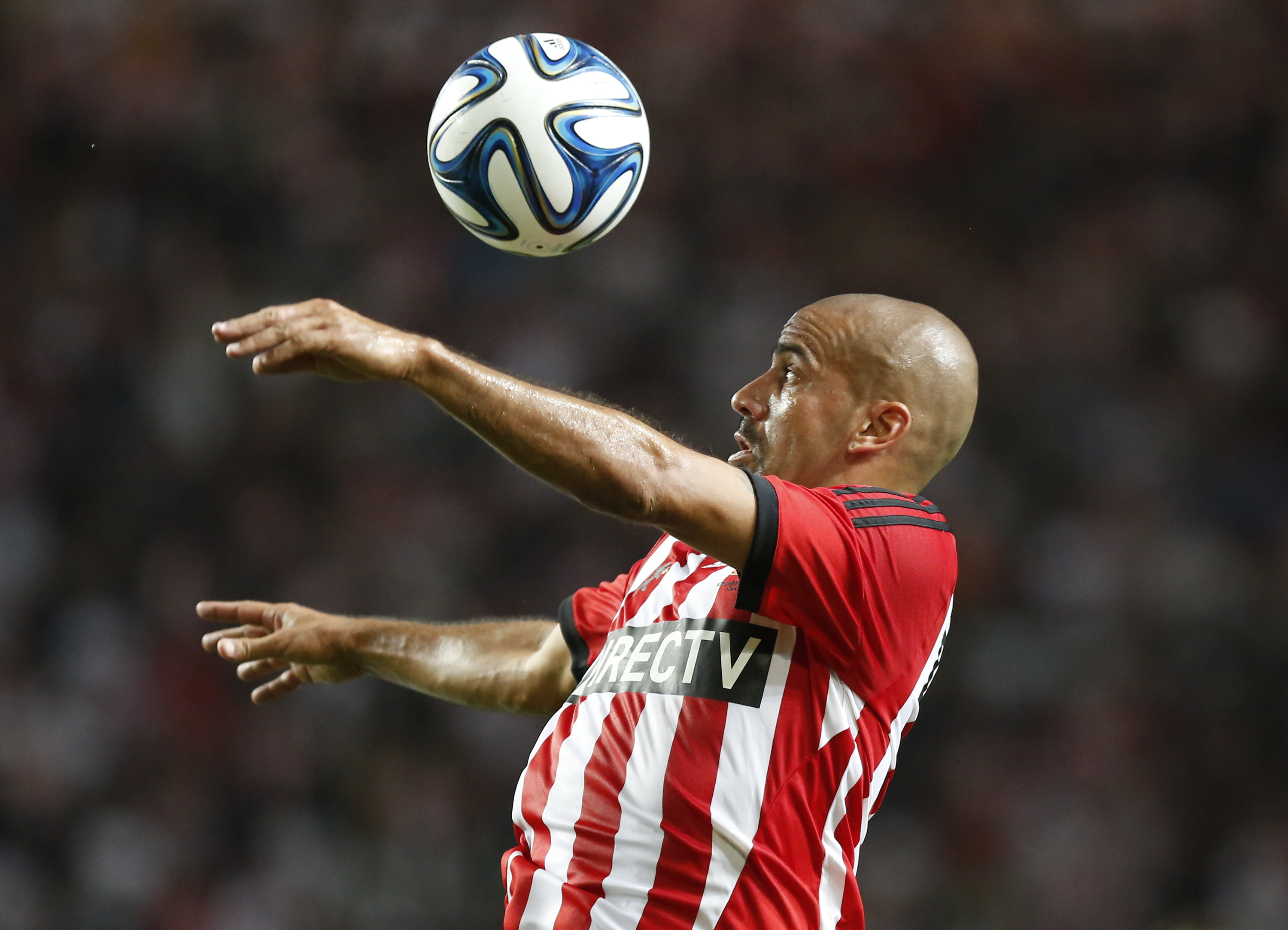
Juan Sebastián Verón started his career with Estudiantes de La Plata in the mid-1990s and went on to play for Boca Juniors before moving to Sampdoria later that year.
After spells at Sampdoria, Parma, Lazio, Manchester United, Chelsea and Inter, Verón returned to Estudiantes on loan in 2006/07 and made the move permanent, staying for five more years. After a short stint at amateur side Brandsen, he returned for a third spell in 2013 and came out of retirement to briefly feature again in 2017, coming good on a promise to return if fans bought 65% of the boxes at the club's new stadium.
Juninho (Middlesbrough)
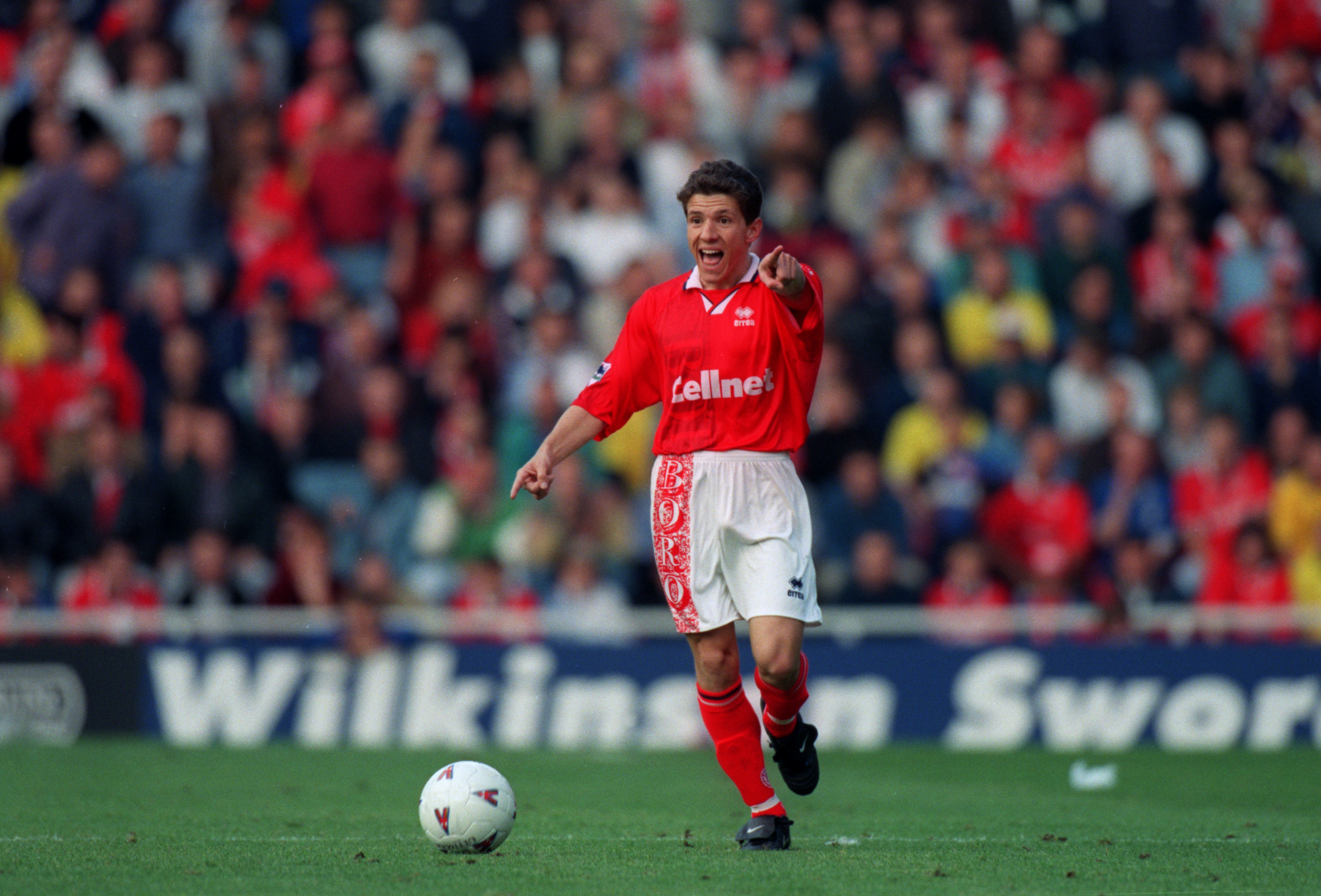
Juninho moved to Middlesbrough from São Paulo in 1995 and quickly became a fan favourite at the Riverside Stadium.
The Brazilian midfielder stayed despite relegation, but ultimately joined Atlético Madrid to boost his chances of selection for the 1998 World Cup. He returned to Boro on loan for a second spell in the 1999/2000 season and was back on a permanent deal for a third stint after Brazil's 2002 World Cup win. In two years at the Riverside between 2002 and 2004, he helped Boro win the League Cup, the club's first-ever major trophy.
Santi Cazorla (Villarreal)
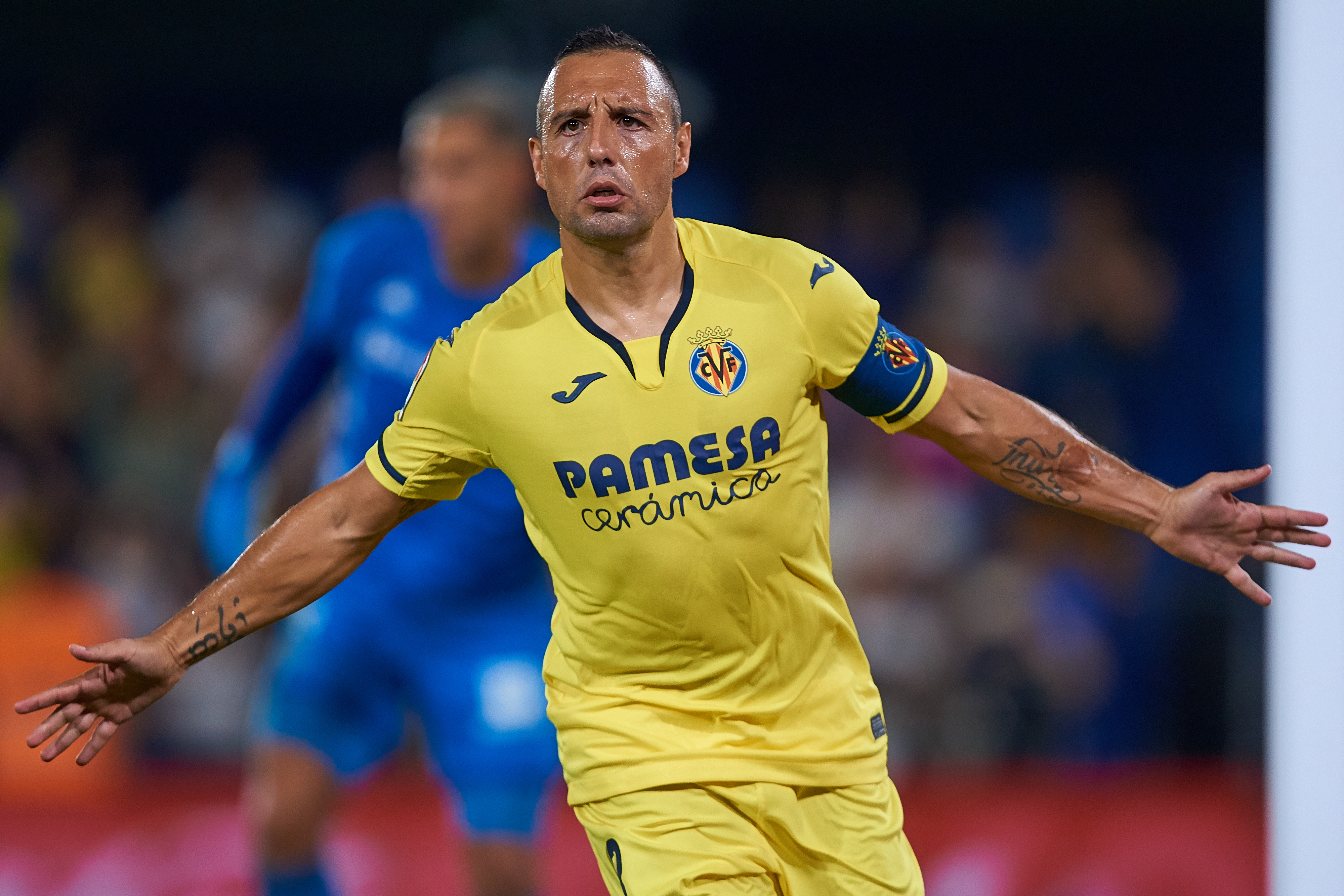
A youth player at Real Oviedo, Santi Cazorla started his professional career at Villarreal and made his debut in November 2003.
Sold to Recreativo Huelva in 2006, he returned the following summer as Villarreal took up a buy-back option. In four seasons back at the Yellow Submarine, his performances earned him international recognition and he was part of the Spain squad which won Euro 2008. After a year at Málaga in 2011/12, he joined Arsenal, but later returned to Villarreal for an emotional third spell after a series of operations on an Achilles tendon injury which had looked set to end his career. After two seasons back at Villarreal, he joined Qatari side Al-Sadd in 2020, returning to Spain with first club Oviedo in 2023.
Ariel Ortega (River Plate)
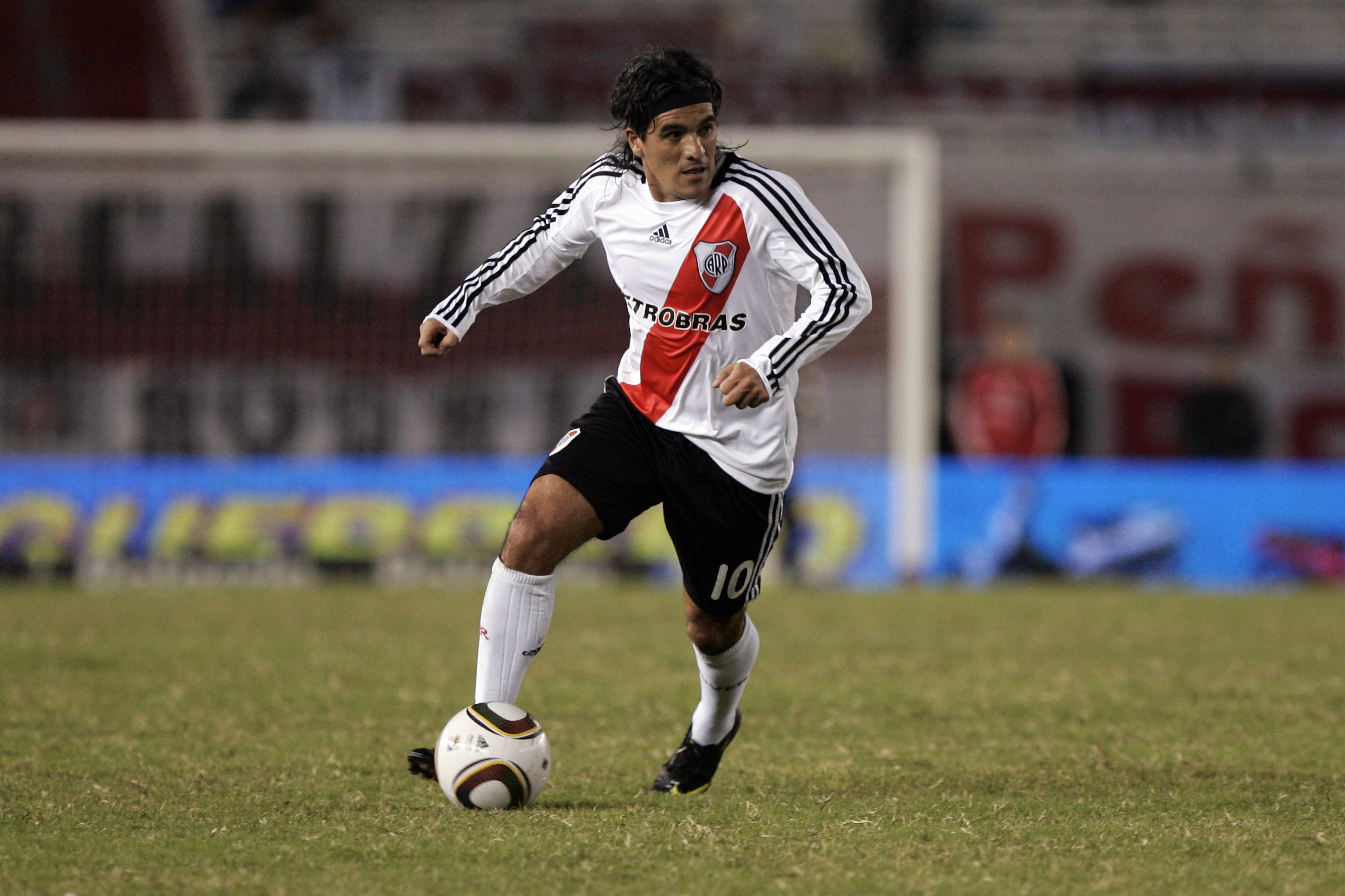
Ariel Ortega started his career at River Plate and the attacking midfielder was a key player as the Buenos Aires club won four Argentine titles and the Copa Libertadores in the early-to-mid 1990s.
After spells in European football with Valencia, Sampdoria and Parma, the former Argentina attacker returned to River for two seasons between 2000 and 2002. Later, he played for Fenerbahçe and Newell's before a third stint at River between 2006 and 2012, which also featured time out on loan at Independiente Rivadavia, All Boys and Defensores de Belgrano. He helped River win two more titles in 2002 and 2008 and retired from football in 2012.
Romário (Vasco da Gama)
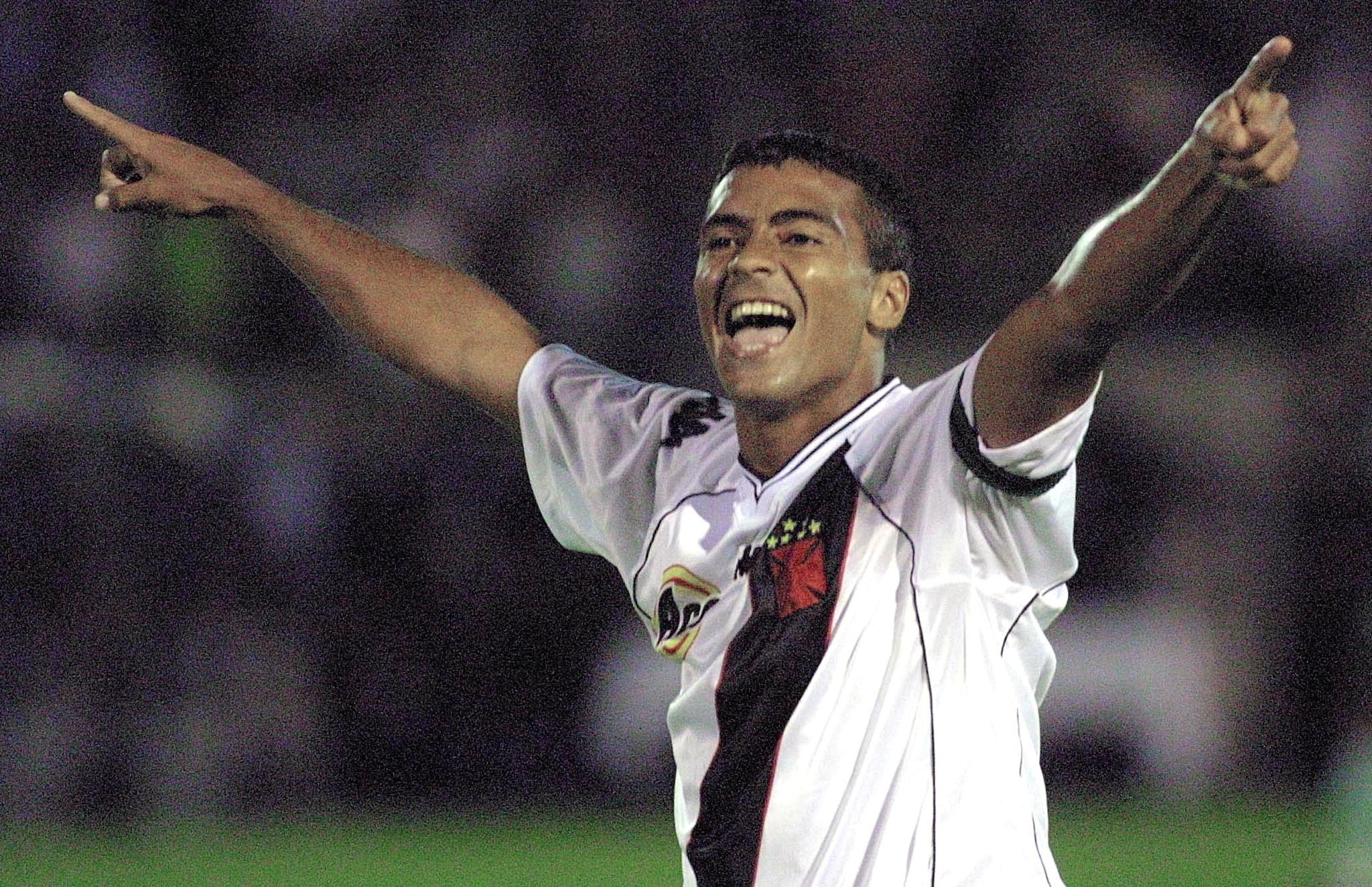
Spotted by Vasco da Gama as a youth player at Olaria, Romário started his career at the Rio de Janeiro club.
After spells at PSV, Barcelona Valencia and Flamengo, the former Brazil striker returned to Vasco between 2000 and 2002. Following a period at Fluminense and a short stint at Al-Sadd in Qatar, he was back for a third time in 2005/06, then again for a fourth in 2007. Across those four spells, he scored over 250 goals for the Rio club, winning a Brazilian title and reaching the FIFA Club World Cup final in 2000.
Edmundo (Vasco da Gama)
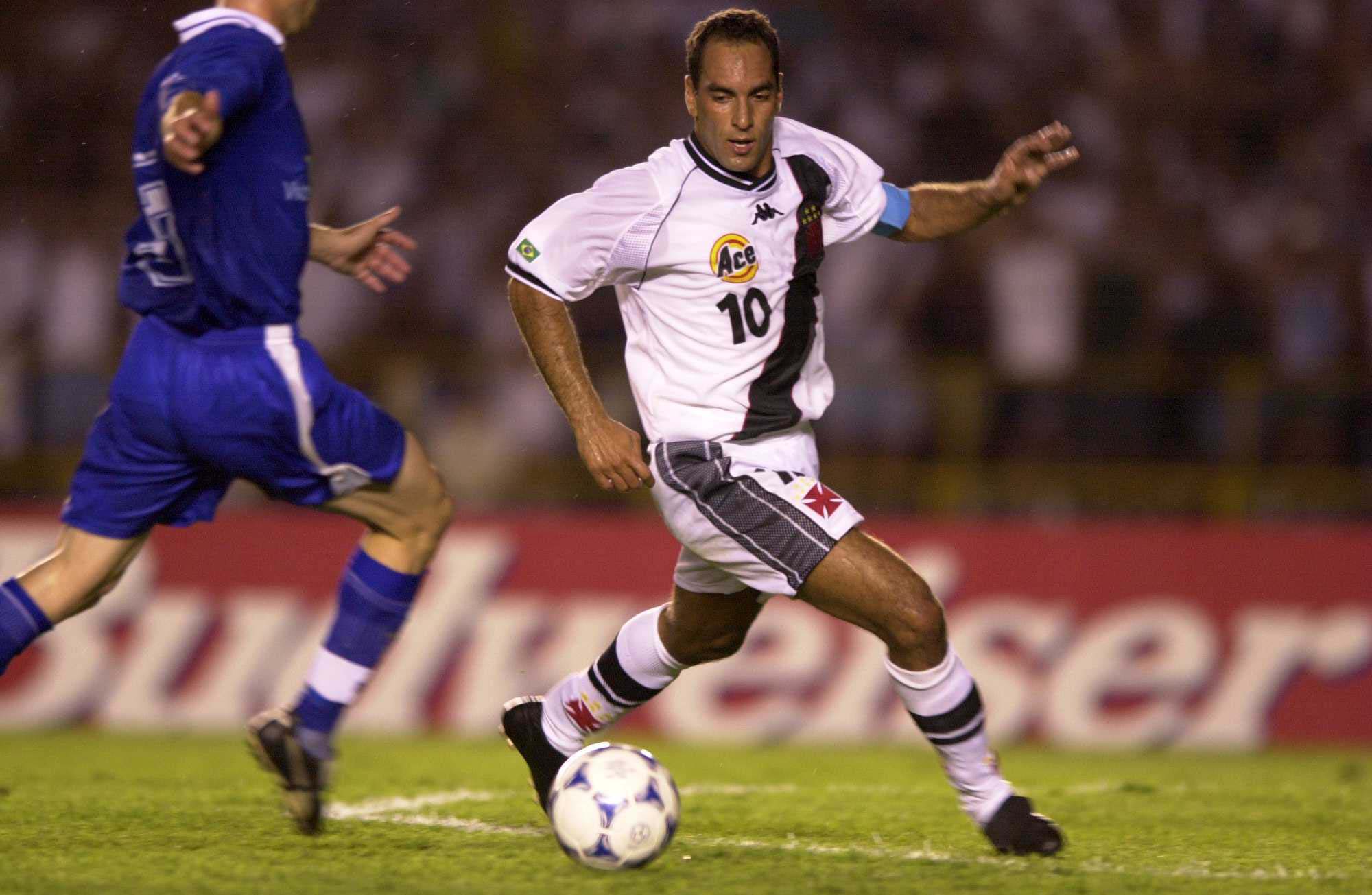
Like Romário, Edmundo started his career at Vasco da Gama and the former Brazil striker featured for the Rio de Janeiro side across multiple spells.
After emerging at Vasco in 1991, Edmundo joined Palmeiras in 1993. He returned to Vasco for a second spell in 1996, subsequently signing up for a third time in 1999 after two seasons at Fiorentina. He was briefly back again in 2003 after playing in Japan and ended his career at Vasco with another short spell at the club in 2008. He won a Brazilian title in 1997.
Claudio Pizarro (Werder Bremen)
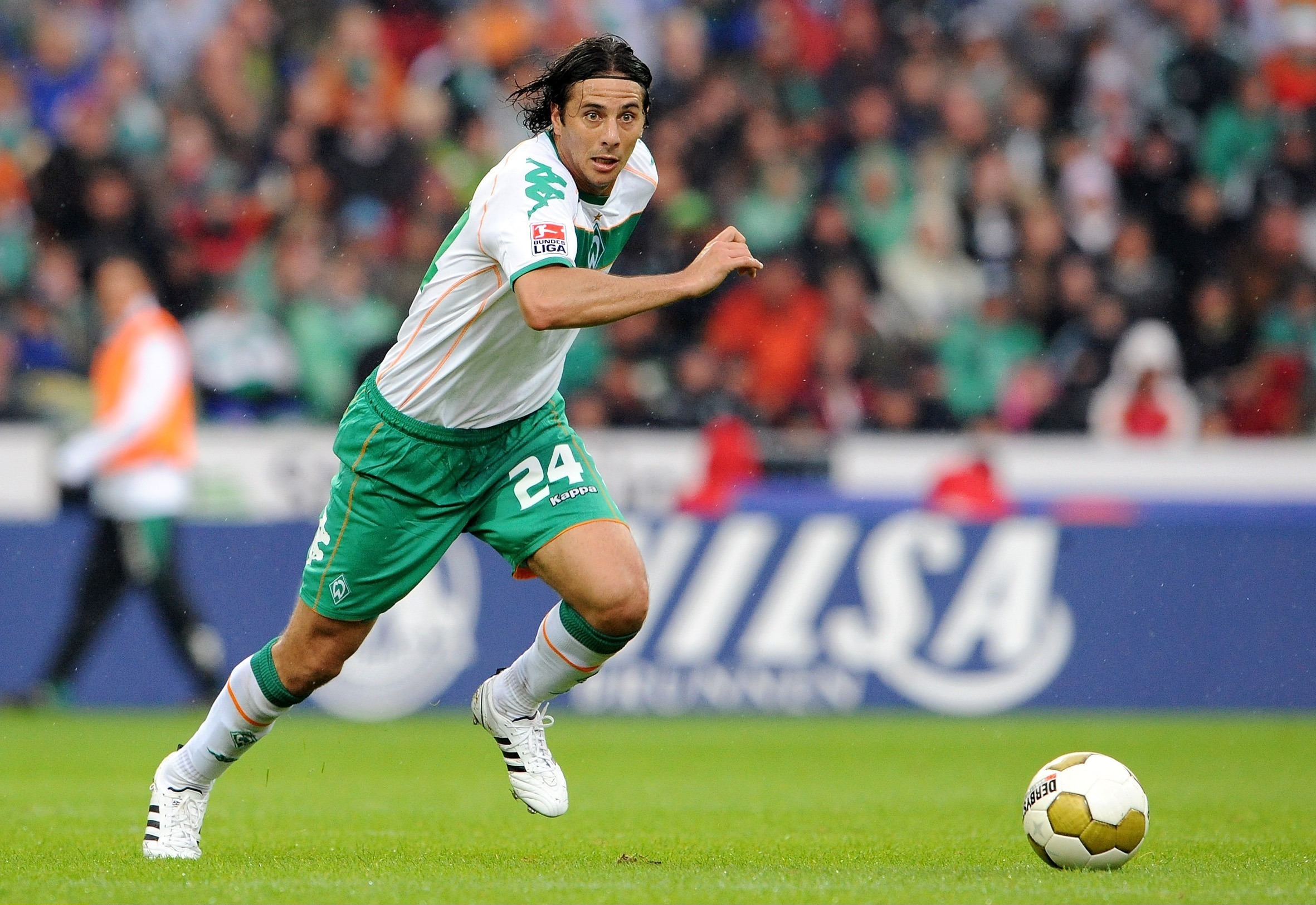
Claudio Pizarro started his career in Peru with Deportivo Pesquero and after a spell at Alianza Lima, the striker signed for Werder Bremen in 1999.
After two years at Bremen, he joined Bayern Munich and played for the Bavarian giants for six seasons. Following a short stay at Chelsea, he returned to Werder on loan in 2008/09, then on a permanent deal between 2009 and 2012. The Peruvian then went back to Bayern for three more years, returned to Bremen between 2015 and 2017 and finished his career with Werder after a season at FC Köln. Hugely successful at Bayern, he won a DFB-Pokal and was a UEFA Cup runner-up at Bremen.
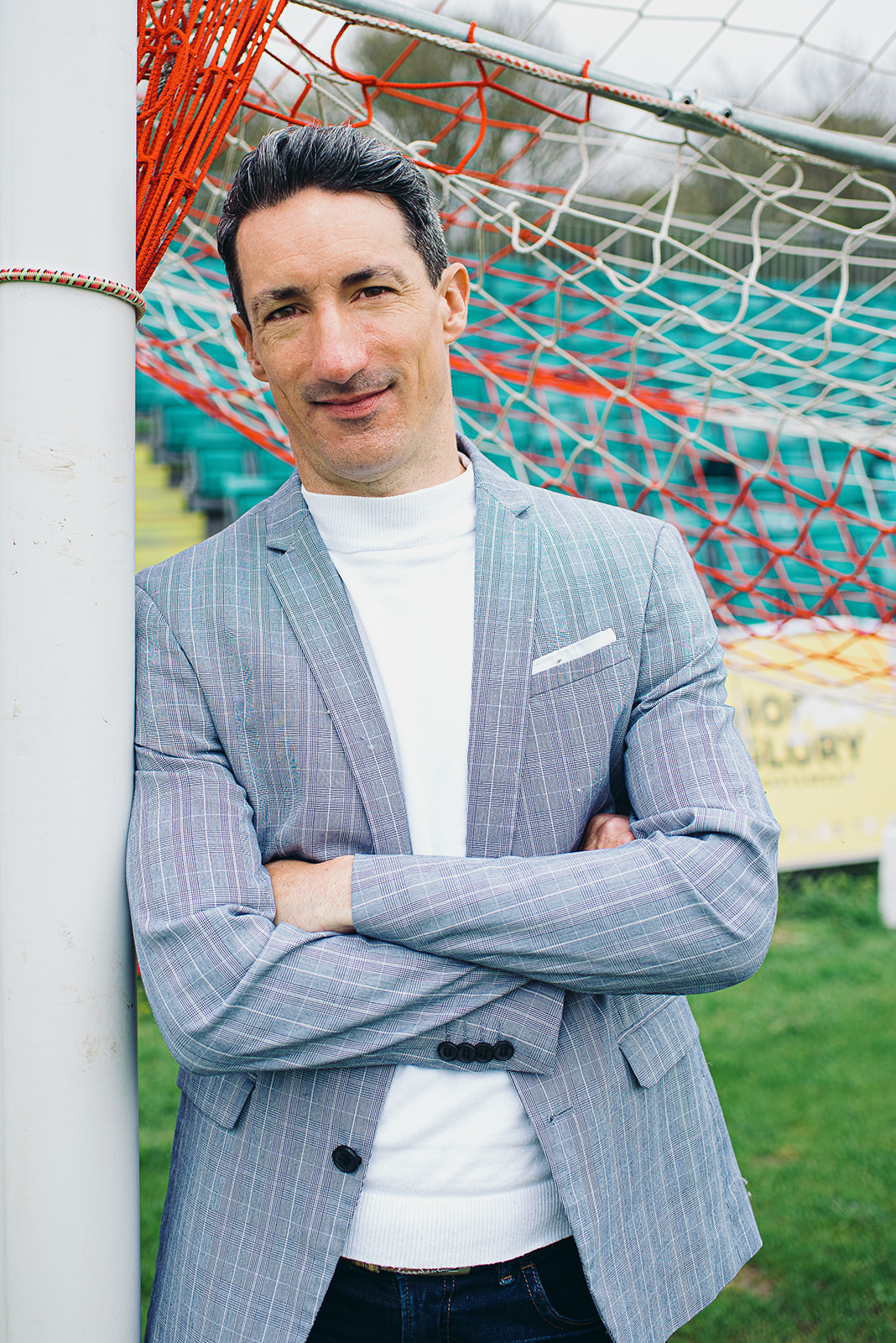
Ben Hayward is a European football writer and Tottenham Hotspur fan with over 15 years’ experience, he has covered games all over the world - including three World Cups, several Champions League finals, Euros, Copa America - and has spent much of that time in Spain. Ben speaks English and Spanish, currently dividing his time between Barcelona and London, covering all the big talking points of the weekend on FFT: he’s also written several list features and interviewed Guglielmo Vicario for the magazine.
